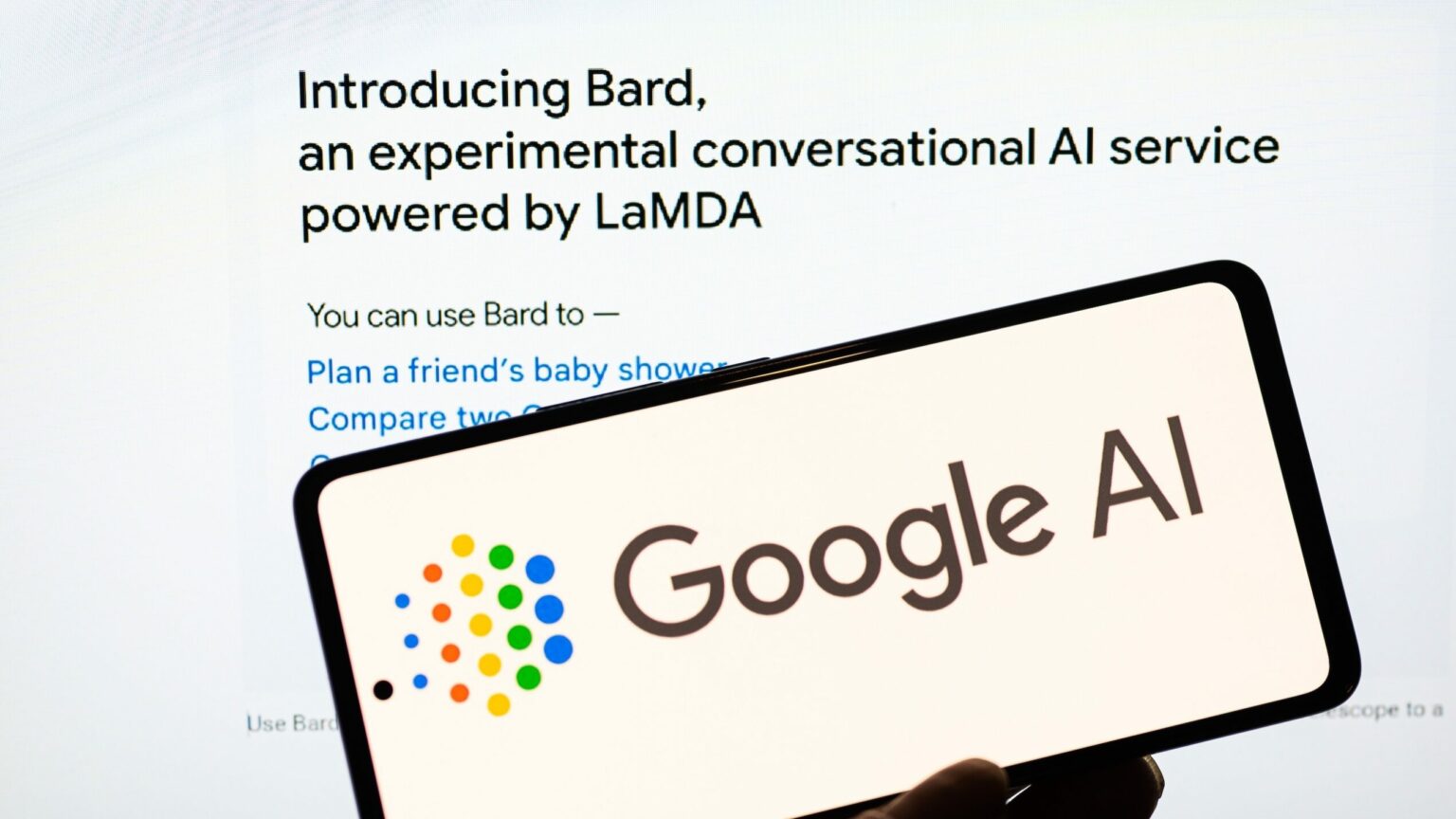OpenAI and ChatGPT may be making the early ground in the battle for chatbot supremacy, but Google and Bard will ultimately win.
This is the argument made by Tibo Louis-Lucas, the project founder of social media promotion apps TweetHunter and Taplio. The founder, known on Twitter simply by the handle ‘Tibo’, believes Google has more than enough to overtake their early advantage.
Also Read: AI Tool Race Heats Up and Everyone Wants to Win
The race to chatbot supremacy
Most impartial observers would agree that the early ground in the race to chatbot supremacy has been made by OpenAI and Microsoft, but complacency is something they can ill afford in the longer term.
Google’s Bard AI is still not open to the general public but when it launches, OpenAI should have a real fight on its hands.
According to Tibo, “as soon as Google launches Bard for the general public, it will get mass adoption.”
He added, “Although Bing has seen a 10x jump after its ChatGPT integration, it just cannot beat Google in the ‘number of users’ race.”
Tibo believes that higher user numbers will be an important differentiator, because greater user numbers mean greater feedback. With more feedback in the mix, Google will be able to improve and iterate Bard faster, he argues.
3. Google has been in this AI race for over a decade.
It started in the early 2000s with its research division, Google Research.
— Tibo (@tibo_maker) March 3, 2023
A history of success
When Google announced its ChatGPT competitor Bard early last month, the bot flubbed its lines. Google’s AI shared inaccurate information in a promotional video, resulting in $100 billion devaluation in the corporation’s stock.
Despite this, Tibo still believes Google has the upper hand in the battle for AI ascendancy.
“Google is behind all major breakthroughs in the AI world. From beating a top player in a game of Go to solving the protein folding problem, they’ve been killing it for years,” he says.
Google has invested billions in AI technology through DeepMind and Google Brain.
DeepMind is the division of Google building machine-learning algorithms such as AlphaGo, which beat the European Go champion Fan Hui. DeepMind has since diversified to beat human opponents in Chess, Shogi, and Atari 2600 games without human data knowledge or known rules. The AI was later turned to medical research and protein folding.
Google Brain is a deep learning system turned to varied applications including encryption, image enhancement, and Google Translate.
The Google backbone
Perhaps the strongest argument favoring Google over OpenAI is that the chatbot technology is built on Google research.
GPT stands for generative pre-trained transformer. That transformer was designed and built by Google. As Tibo describes, it is similar to the relationship between cryptocurrencies and blockchain technology. Although there are many cryptocurrencies on the market (chatbots) they are all built on blockchain (Google’s transformer technology).
“OpenAI & ChatGPT might have hit a breakthrough, but they are built over the architectural model introduced to the world by Google,” says Tibo.
The TweetHunter founder further claims that Google will have an additional resource not available to OpenAI: transcripts of videos Google holds thanks to its ownership of YouTube. For all these reasons and more, Tibo believes Google will ultimately be victorious.
“Everyone thinks Microsoft [and] OpenAI will beat Google in the AI battle. I think Google will absolutely CRUSH them,” says an emphatic Tibo.
Who do you think will win the race to chatbot supremacy? Let MetNews know what you think on our social media channels.









 and then
and then